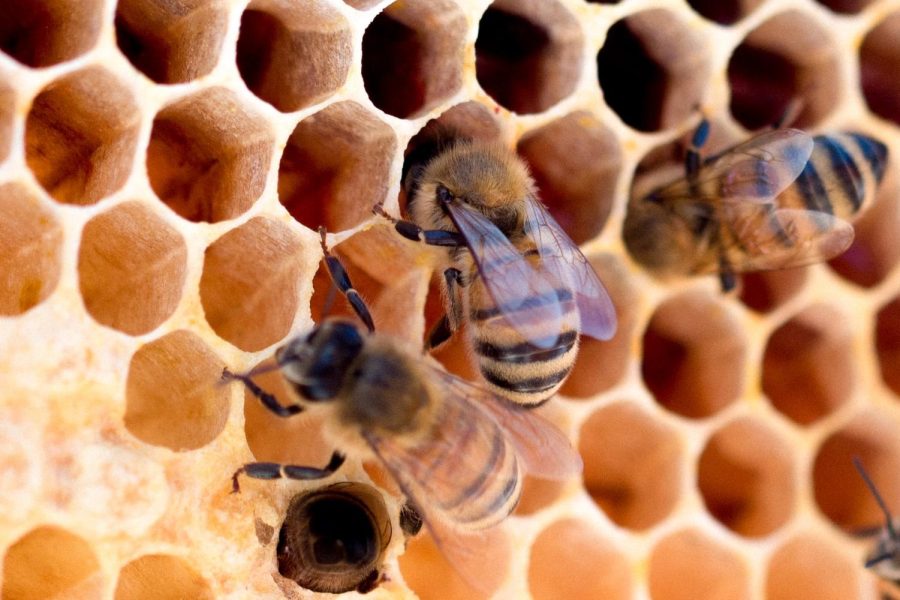Save Our Bees
April 1, 2022
Spring has finally sprung, flowers are blooming and fruits are ripening; however, it appears that people have forgotten who is responsible for our vibrant spring season: bees. Our furry pollinators’ work is underappreciated and they don’t get the praise they deserve; in fact, our lack of care for our bees is gradually causing them to become extinct, making bees an endangered species.
From sunflowers to apples, bees are essential to the growth of our produce and ecosystem. Bees accentuate the beauty of mother nature by pollinating flowers that provide vibrancy to our environment. According to the U.S. Department of Agriculture (USDA), Bees pollinate 80% of the world’s flowers, as well as more than 130 different fruits and vegetables, including kiwis, strawberries, watermelons, and squash.
Bees not only improve the environment but also support the economy by bringing billions of dollars into the United States through agriculture. Bees play a significant role in our world’s food supply, as 1 out of every 3 bites of food eaten relies on the ongoing activity of bees. In a lifetime, the typical worker bee produces 1/12 of a teaspoon of honey, which isn’t even close to the quantity of honey we put in a cup of tea.
Despite the fact that bees contribute so much to our planet, their population has been rapidly declining, with billions of bees being killed each year throughout North America. According to the USDA, this can be credited to various factors–parasites and pests, pathogens, poor nutrition, and sublethal exposure to pesticides. Pesticides are not even targeted toward the killing of bees, but unfortunately, bees are one of the species the pesticides affect most. The United States Environmental Protection Agency stated that the Insecticide Sulfoxaflor, a systemic insecticide, is “highly toxic to bees and other pollinating insects.” The loss of bees is directly taking a toll on the ecosystem and economy, and it’s important that we do something about it before it is too late.
Organizations such as The Bee Conservancy are trying to spread awareness and teach people how they can help with the declining bee population. Some ways they suggest include: planting a bee garden, avoiding treating your garden with synthetics, providing trees for bees, creating a bee bath, building homes for native bees, hosting a fundraiser, supporting local beekeepers, and any other way that will be effective in saving bees.
Bees serve an important part in our everyday lives, from the food we eat to our ecosystem, it’s only fair that we give bees recognition and prevent their extinction. Next time you see a bee in the wild, give the bee a little thank you for the hard work it does for you and the Earth.
Photo courtesy of UNSPLASH.COM

